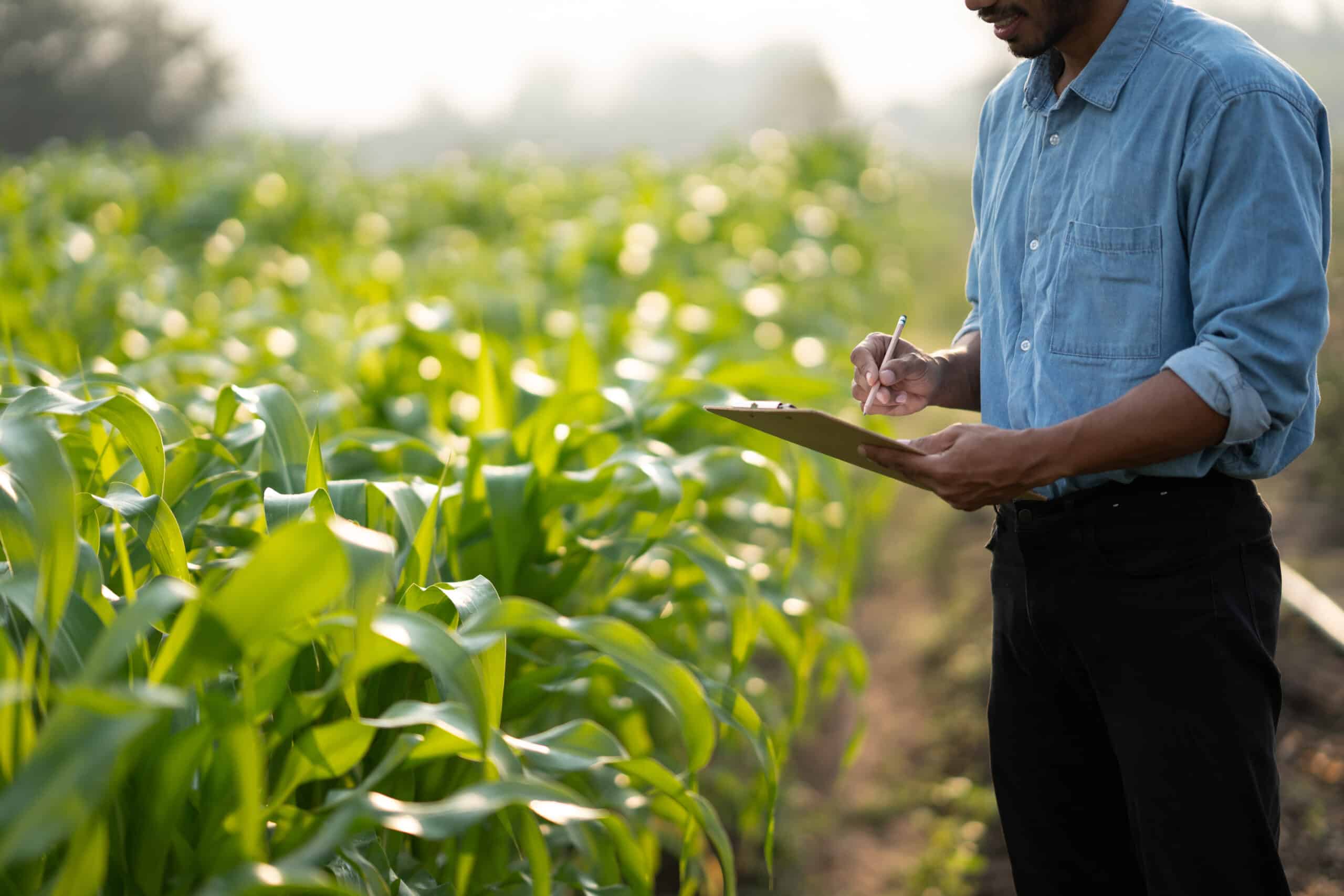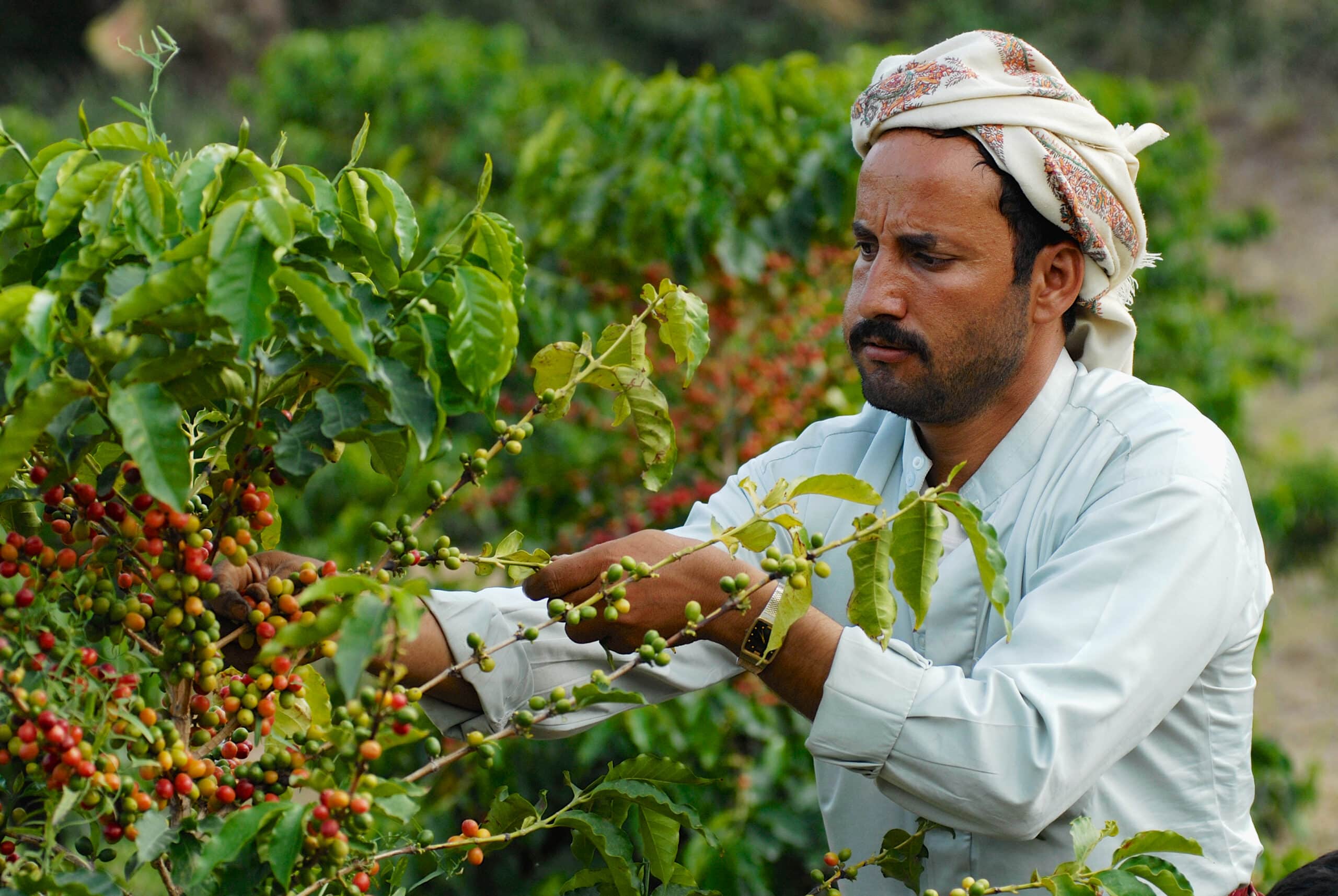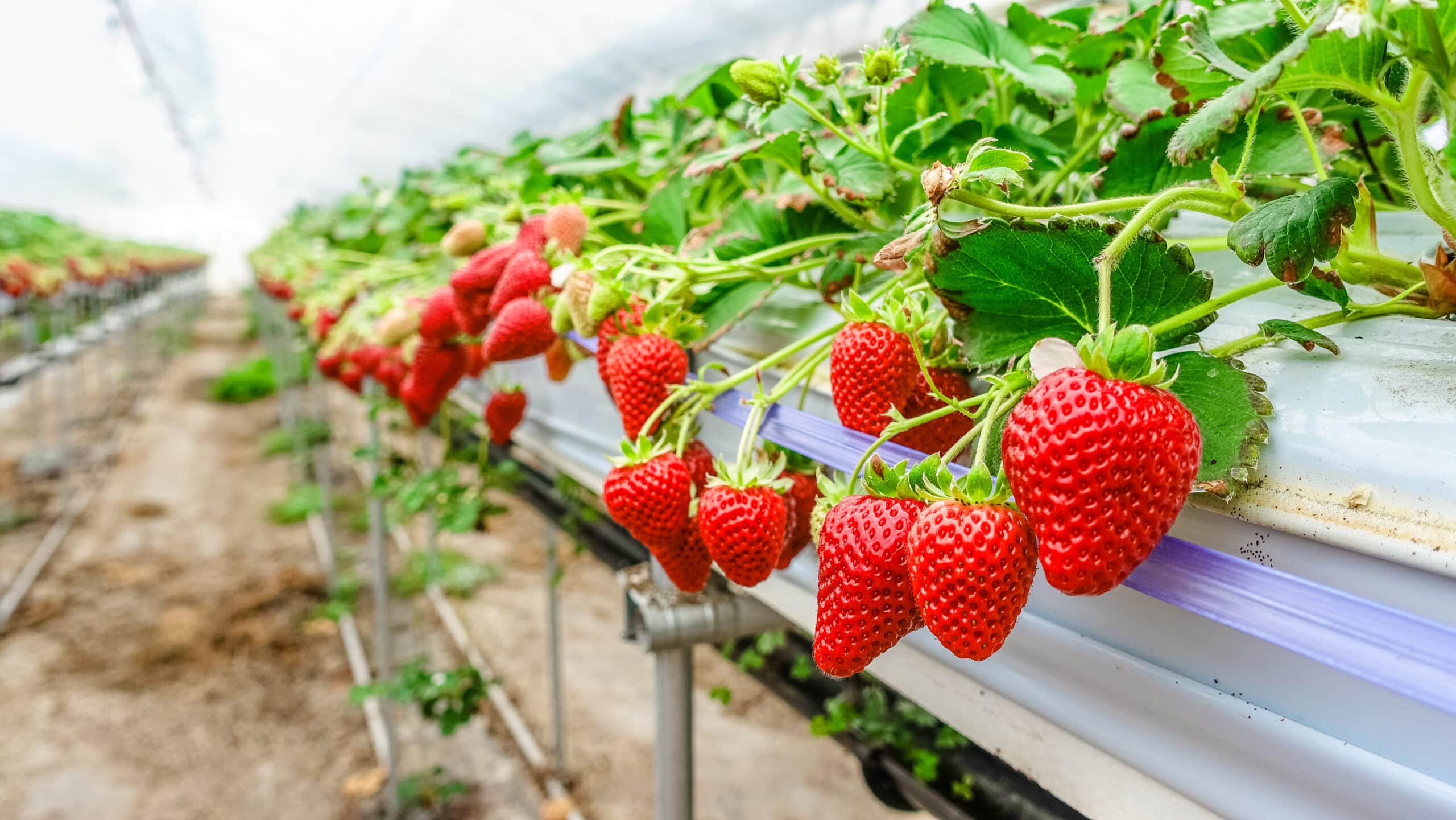Malachy Mitchell, Managing Director, Farrelly Mitchell shared his knowledge and thoughts on the role of East Africa in the global trade of food and agricultural products with a focus on its trading relations and opportunities with Gulf Co-operation Council (GCC). He presented his views and participated in a lively panel discussion at the AFTI East Africa Agri Food Trade & Investment Summit held in Nairobi, Kenya.
The conference was attended by over 450 high level delegates from around the region, Africa and internationally. At the conference, Malachy gave an overview of East Africa’s Food & Agri trade, highlighting how the region and continent can supply the affluent and high growth GCC consumer food market.
The following are the key notes he made during his presentation and panel discussion
Overview of East Africa Food & Agri Trade
The growth in production of agricultural products is not keeping pace with population growth across the region. This is likely to increase the local supply deficit and increase dependency on imports, unless it is addressed at policy and funding levels.
Cereals namely wheat and rice are the major commodities imported from the region with Argentina, Russia, China, India, Myanmar and Mexico key trade partners for imports. On the other hand, Tanzania and Kenya are major exporting countries with pulses and cashew nuts making up the lion’s share of exports from the region. Tanzania is the largest producer of Cashews and second largest for Pigeon Peas. Whereas, Kenya is largest producer and exporter of fruits like Avocadoes and Mangoes.
East African countries, like the rest of Africa export the most basic of farm products and import processed ones. Example, Africa accounts for almost 43% of global cashew production, but it mostly sells unprocessed cashews to India and Vietnam. Both these countries then process them and sell onto the global market. This lack of capacity in value-addition is denying the region vital forex earnings, increase the balance of payments negatively and limiting local employment opportunities.
Lack of structured risk capital that targets largescale early stage projects is a major limiting factor on the development of agri-food sector in Africa and addressing many of the points.
Agricultural production is heavily concentrated in 5 countries, namely Ethiopia, Tanzania, Malawi, Kenya and Uganda. However, each country produces a different product mix.
GCC Market Potential For East Africa Exporters
A strong relationship is seen between rising income and demand for protein in the GCC, are creating opportunities for food and agricultural exporters. However, demand is not homogeneous and niche opportunities are available due to significant diverse expatriate population in the region.
Economic reforms in GCC are opening doors for in-country partnerships and joint ventures. Companies should capitalize on investments and ensure they have necessary certifications.
Expert agrifood consultants
In order to keep pace with growing populations across the region and reduce import dependency, African food production requires industry-wide investment and policy support. At Farrelly Mitchell, we are aware of the ongoing challenges faced by African producers, and we strive to deliver strategic solutions to public and private stakeholders that facilitate agricultural production and improve food security in the region.
We provide a wide range of developmental services, including capacity building and training, program design & implementation, impact evaluation and monitoring, and much more. With our guidance, governments and businesses can empower agricultural productivity in Africa and capitalise on this high-potential market.














